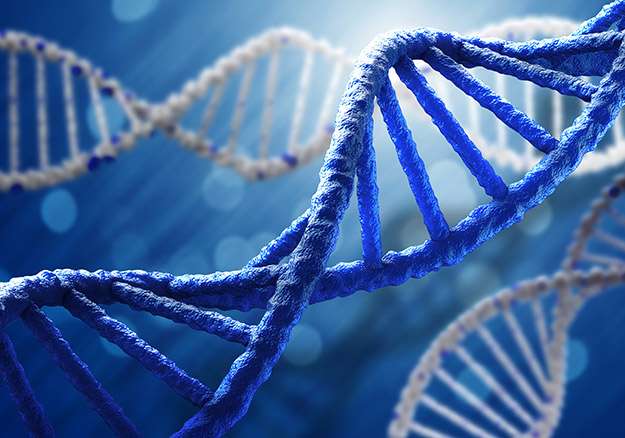Aging is a natural process for everybody. Humans, therefore, have been seeking the key to longevity through medicines. First introduced years ago, peptide bioregulators appear to be the future of medicine and are currently at the front line of anti-aging methods. Please read this article to learn more about peptide bioregulators, their history, and how they work.
RELATED: 3 Surprising Ways Epigenetics Can Add Years to Your Life
Peptide Bioregulators – the Future of Medicines for Anti-aging
What Are Peptide Bioregulators?
Peptides are short chains of amino acids that form proteins’ building blocks. Peptides perform many essential functions in the human body. They interact with different sections of DNA, transferring information encoded in amino acid sequences to control specific genes in a particular tissue.
Peptide bioregulators communicate with their specific section of the DNA, activating genes for cellular regeneration. Peptide bioregulators can function as cellular mediators to regulate gene expression and protein synthesis. These bioregulators are currently leading the research for anti-aging methods.
The Discovery of Peptide Bioregulators
Peptide bioregulators were first discovered decades ago during the Cold War. At that time, the Russian military displayed evidence of premature aging. In response to the situation, the Russian government wanted to find a solution to maintain the troops’ health and prevent premature aging.
Professor Vladimir Khavinson, who was commissioned to tackle the problem, started his research by looking at a prior study. It showed that regulatory peptides are involved in the genetic transmission leading to protein production. Realizing the potential of the previous research, Professor Khavinson sought to utilize regulatory peptides to regenerate tissue and restore the functions of organs impaired by aging.
The Russian scientist then found a biological reserve of peptides in each human body organ. He also observed that the number of peptide bioregulators in each individual’s organs was 42% when all human physical abilities were at optimum performance.
Millions of people have taken Khavinson peptides in many studies conducted in the past decades. These bioregulator peptides are safe as no side effects or allergies are reported.
How Do Peptide Bioregulators Work?

A peptide is a unique information medium since it consists of a distinct sequence of amino acids. This information determines the peptide’s selectivity of action or its capacity to send information to a specific cell type.
Peptides control gene activity by binding to a specific DNA sequence. They regulate the spatial form of DNA and gene expression and contribute to the activation of protein synthesis due to this binding. A cell then begins to function like a young, healthy organism.
Short active peptides are essential tissue-specific modulators of gene expression and DNA methylation. There is evidence that peptides can interact specifically with DNA and identify the methylation status.
Peptides may, in theory, inhibit the function of methyltransferase DNA. This is one of the potential mechanisms for peptide-mediated transcription regulation. The findings that short peptides can reduce promoter methylation are consistent with the proposed mechanisms of transcription regulation with short peptides.
RELATED: Biological Age Testing for Longevity
Applications of Peptide Bioregulators
Peptide bioregulators’ rejuvenating effects are system-wide, leading to considerable improvements in life span in animals and lower mortality rates in humans. Peptide-based drugs were used to treat victims of earthquakes, nuclear submarine accidents, and the Chernobyl disaster.
The excellent efficacy of peptide medications has been demonstrated by scientific data based on years of experience in many medical fields. Peptides have appeared in the daily practice of ophthalmology over the last decades.
Peptides’ efficacy has also resulted in products and biotechnologies for the industrial and military sectors and space medicine.
Through peptide bioregulators, people have the potential to add years to life to achieve longevity, allowing them to live longer while remaining active, functional, lively, and healthy.
Yunique Medical provides FUNCTIONAL MEDICINE for optimized health and performance. We offer customized, scientifically advanced treatments to create a new state of human thriving. Why be ordinary when you can be optimal?
HUMAN 2.0 begins here!
Contact us to schedule your FREE consultation at one of our three locations in Florida – Ocala, Fruitland Park (The Villages), and Daytona.
UP NEXT:


